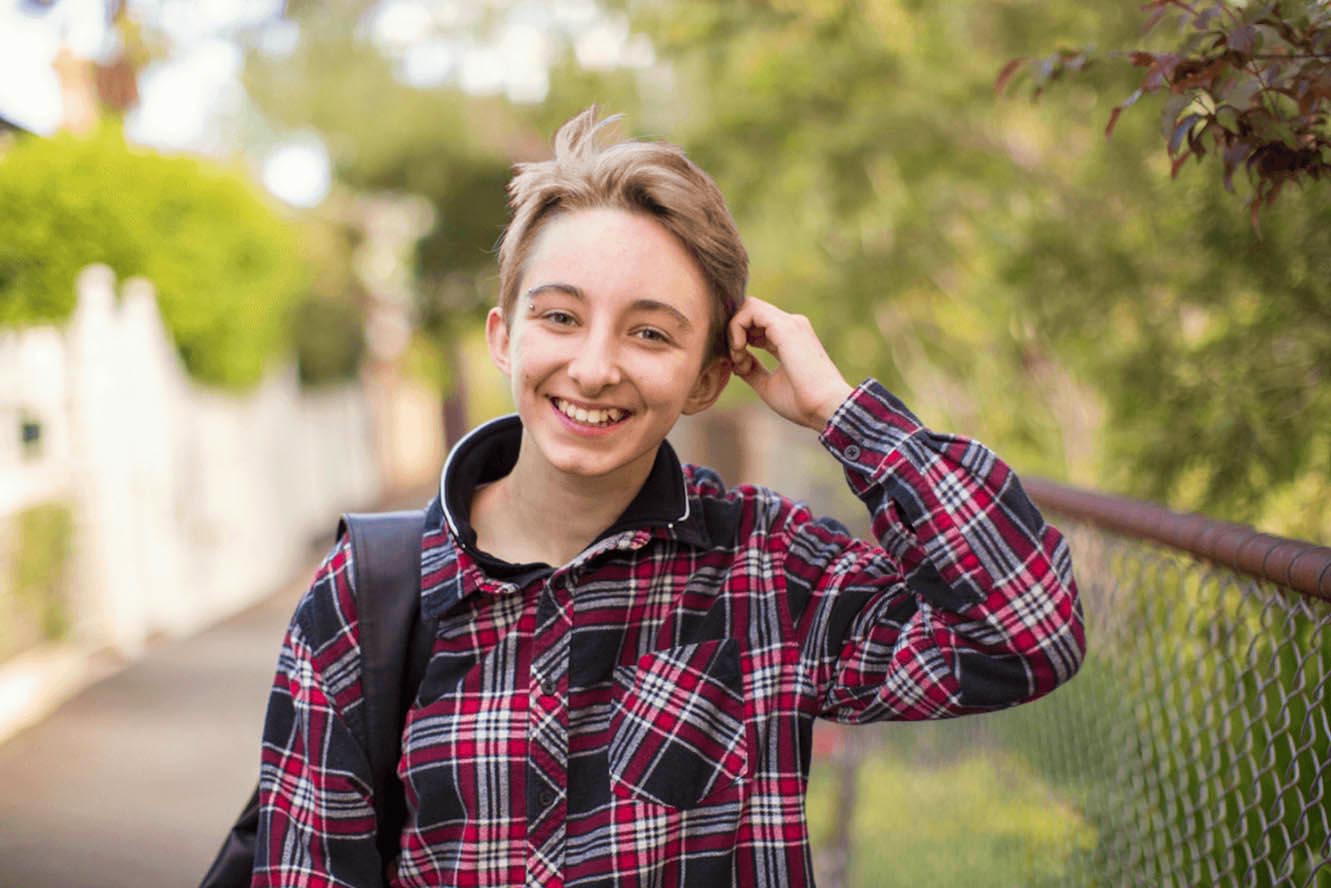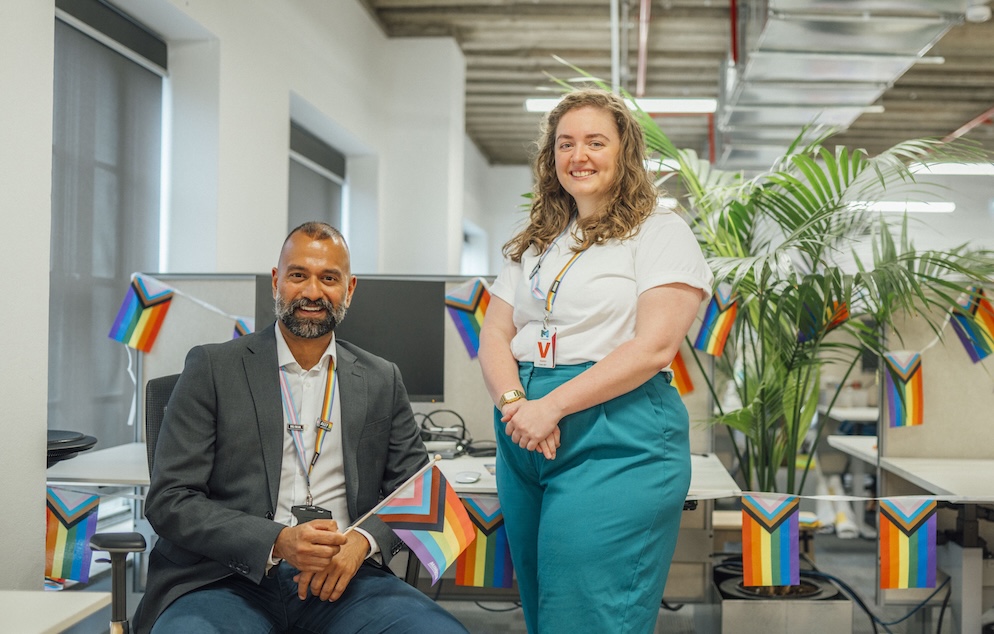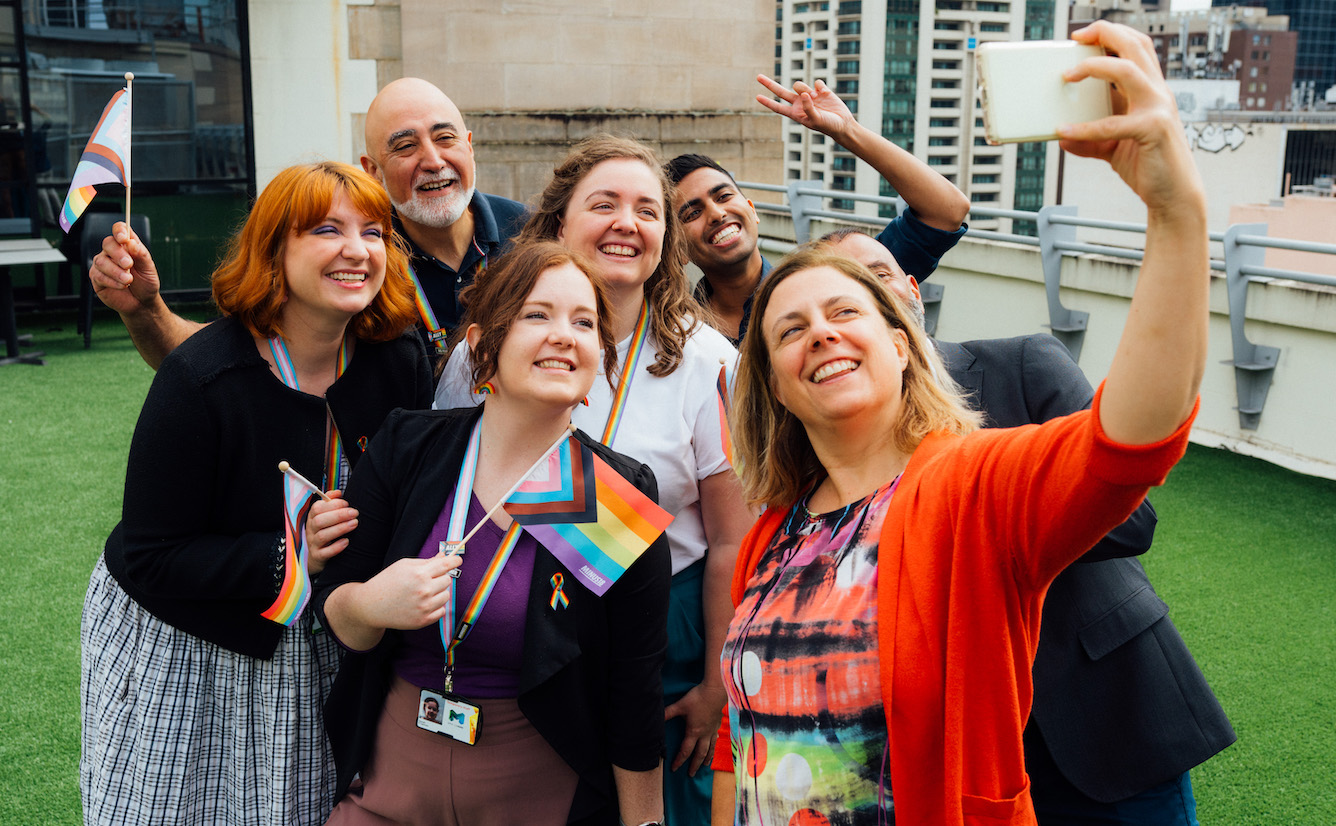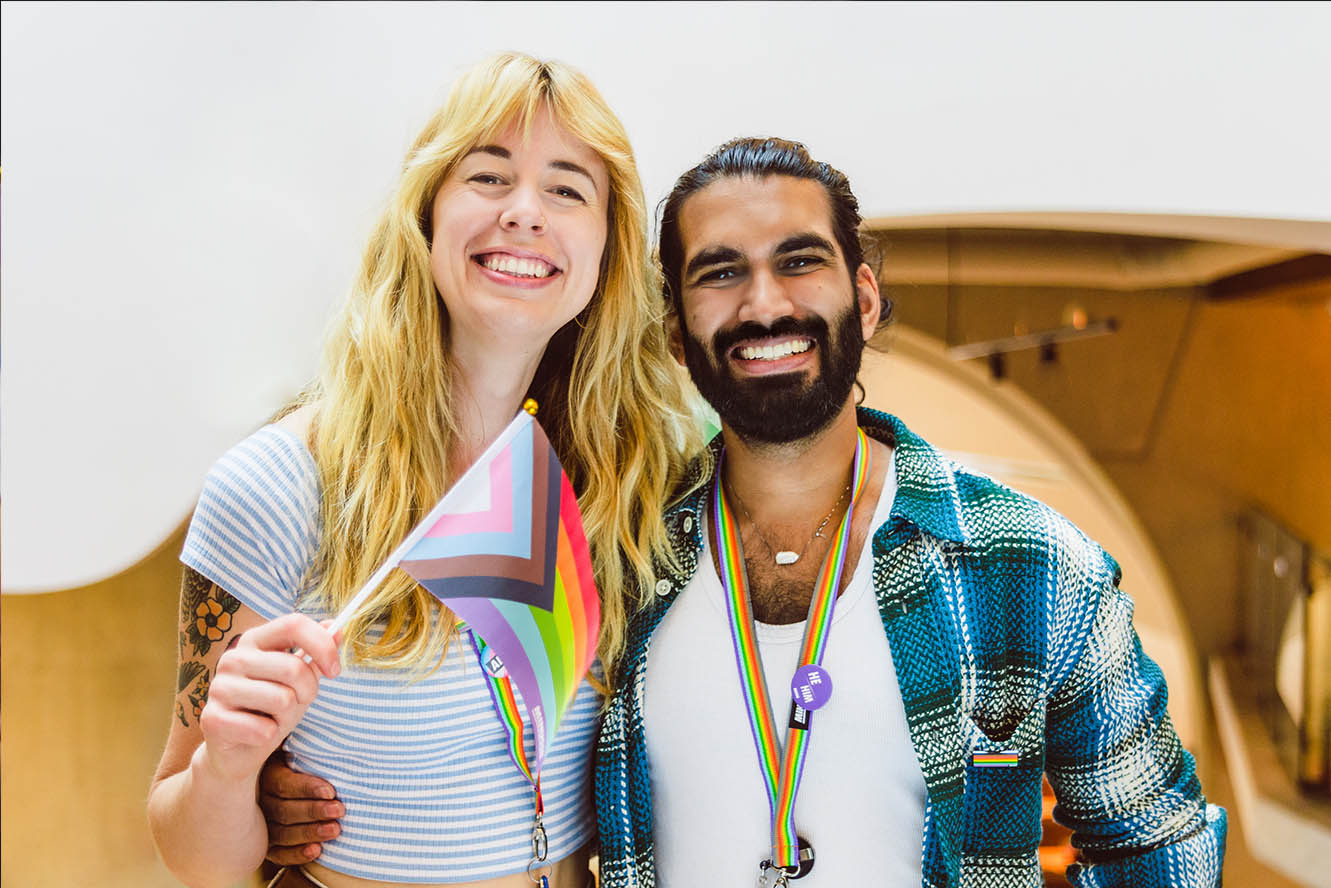
Intersex Experience
October 20, 2022
Intersex Experiences
Intersex is a term used to describe people born with physical sex characteristics that don’t fit social or medical normals for male or female bodies. There’s a lot of variety in the physical traits people can have, and the categories of male and female doesn't describe everyone.
Sex characteristics are our physical features relating to sex, like hormones, genitals and chromosomes.
Discovering Being Intersex
People can discover they are intersex in a variety of different ways. For some, their parents will know at birth, and choose to tell them throughout their life. But this isn't the case for everyone. Some will discover through a visit to their doctor, and some may be intersex and never know.
Alex, an intersex person from Melbourne, recalls finding out:
I started puberty a bit late, so I went to a doctor and he ran some tests. He told me that I had high levels of testosterone, and introduced me to the term intersex.
I was really lucky that my first interaction with the medical system and intersex traits was a really positive one, with a well-educated doctor. He was honest with me and used the correct terminology, and that gave me the option of embracing my identity and connecting with other intersex people, which made a huge difference.
Unfortunately, a lot of intersex people don't always have that experience, and may not even know that they're intersex. Sometimes that's because doctors will hide it from us or treat it as something shameful, or because it's hard to access accurate information about intersex traits.
How Many People Are Intersex?
There're many different ways to be intersex, and it's estimated that 1.7% of the population has an intersex variation of some kind. This makes people with intersex variations about as common as redheads, who make up 1-2% of the population. If you've met someone who's a redhead, you've probably met someone who's intersex too.
What Does This Mean for sexuality and gender?
Gender, sexuality, and physical sex are three different things, and they can combine in different ways.
Intersex people can identify their body and their gender as being intersex, or might identify with any gender, including female, non-binary, or male. Gender isn’t determined by your body or any physical attributes, so, just like non-intersex people, intersex people can be any gender!
Sexuality is also separate from our bodies and gender identity. Intersex people can be any sexuality, including bisexual, gay, lesbian, straight, or anything else.
Finding Intersex Communities
The intersex community is growing in Australia, and more spaces are being created and visibility grows. Meeting others with shared experiences can be empowering, especially for those who are feeling alone. In Australia, these groups include Intersex Human Rights Australia (IHRA), Intersex Peer Support Australia (IPS) and A Gender Agenda (AGA) in the ACT.
Intersex Discrimination
Intersex people experience a variety of unique discrimination, including:
Stereotypes and Misconceptions
- Asserting that having an intersex variation is the same as being transgender. While intersex people can also be transgender, these are two different experiences.
- Using negative words to describe an intersex person's body, such as 'mutilated'.
- Assuming that being intersex is a mental illness.
- Assuming that an intersex person must undergo surgery to live a happy and healthy life.
Medical Procedures Without Consent
Intersex Human Rights Australia explain that many intersex people still don’t have a say about the medical procedures performed on their bodies that modify sex characteristics. These surgeries are often unnecessary and can have lifelong consequences, including:
- Loss of sexual function or sensation
- Urinary incontinence and urgency.
- A need for ongoing medical treatment or repeat surgeries
- Assignment of the incorrect sex.
- Developmental delays from early exposures to general anesthesia.
Being an Ally to Intersex People
There are ways you can turn your knowledge of intersex experiences into meaninful allyship. Keep reading to find out how.
Related Articles

LGBTQIA+ employees are less likely to be ‘out’ at work in 2025 than they were in 2022. Urgent action is needed, and every workplace can make a difference.

LGBTQIA+ days of significance – like IDAHOBIT – are days for both community and allies. Here's a list of current days, celebrating LGBTQIA+ identities and history.

Lesbian and gay people are usually attracted to others of the same gender – but the word has evolved to include different experiences too.

Learn about bisexual identity and the discrimination bisexual people can experience.